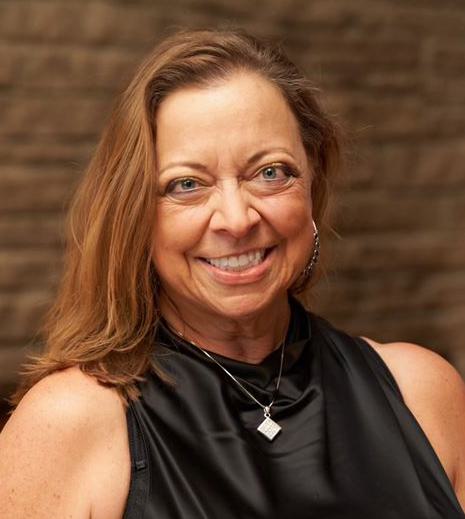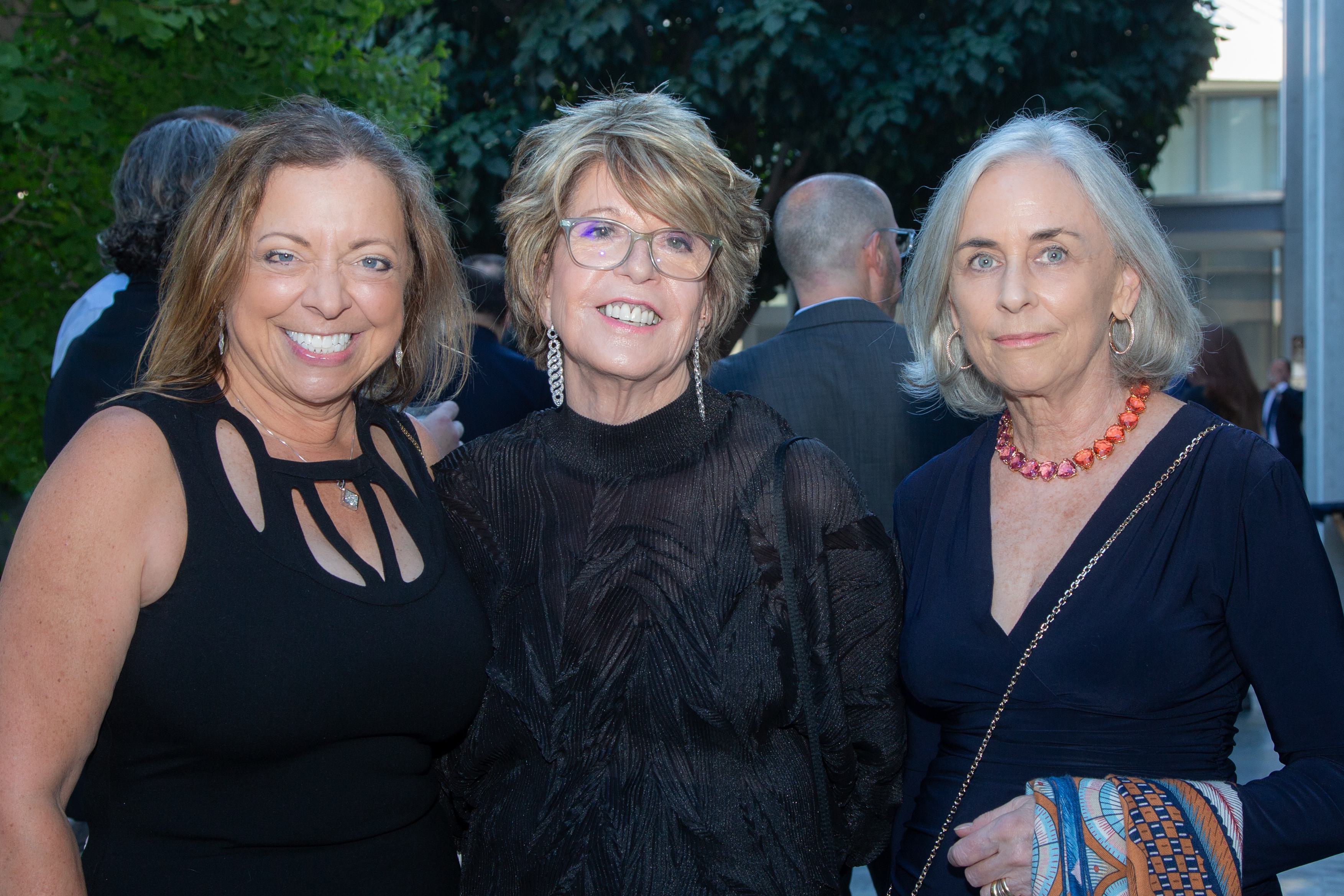Judy Friedman-Rudzki Elected Board Chair of Los Angeles Jewish Health


Judy Friedman-Rudzki Elected Board Chair of Los Angeles Jewish Health

One of Los Angeles Jewish Health’s most significant strengths is its lay leadership—women and men who give generously of their time and expertise by serving on the organization’s various boards. This July, we are extremely fortunate to welcome Judy Friedman-Rudzki as incoming Chair of LAJH’s Board of Directors. It’s the continuation of a long and fruitful collaboration during which Judy has worked tirelessly to make life better for seniors across our community.
LAJH first came onto Judy’s radar in 2007, when her beloved great aunt, who was grappling with early onset dementia, moved from her own apartment in L.A.’s Fairfax District to LAJH’s Grancell Village campus.
“The care and support were absolutely incredible. As my aunt’s dementia progressed and her needs changed, LAJH was right by her side, ensuring she received the very best of everything,” Judy recalls. “I was impressed and decided to get involved in helping the organization advance its mission, joining the board in 2009. I haven’t looked back since.”
Over the past 15 years, Judy’s service to LAJH has been expansive. She has been an active participant on the board’s Strategic Planning Committee and chaired its Budget and Finance Committee and in-residence Boards for both the Grancell Village and Eisenberg Village campuses of LAJH. In addition, she has served on the Board of the Annenberg School of Nursing. Her new role as Chair of the Board of Directors—making her only the second woman at LAJH to occupy this position—will span a two-year term.
“As CEO of LAJH, I am delighted to welcome Judy as our new Board Chair. Her deep commitment to our mission and her exemplary leadership qualities will undoubtedly continue to steer us towards even greater achievements in senior care and community health. Together, we look forward to continuing our legacy of compassionate service and innovative care for all those we are privileged to serve,” said Dale Surowitz, LAJH’s president and chief executive officer.
In her professional life, Judy is a director and senior treasury officer at Bank of America, giving her a critical perspective on LAJH and how it seeks to achieve its objectives.
“In my position at Bank of America, I work with companies, understanding their business model, their sources of revenue, and business processes. I bring that same lens to the nonprofit world. LAJH does rely on the community for support, but I think it’s also essential to take a look at what we can do to help support ourselves, just like any business. Being fiscally responsible is of paramount importance,” she says.
As her term kicks off, Judy has set herself a number of key goals. “There are four main things on my radar as chair,” she notes. “First is supporting LAJH’s leadership. Dale has aligned a great team and vision; I see my job as supporting him to do his. I’m also excited to engage with the broader community, working with donors and enhancing LAJH’s visibility and impact. My third area of focus will be sharing the organization’s plan for growth—spreading the word, for instance, about how we plan to bolster care for seniors citywide through an expansion of our PACE facilities like the Brandman Centers for Senior Care. And finally, I’ll be concentrating on evaluation and continuous improvement. Regularly assessing how we’re doing is the fiduciary responsibility we have to our donors.”
Settling into her role as chair will be made easier by the support she has from the leadership at Bank of America. “The bank encourages volunteerism and community engagement. I am grateful for their commitment to better the communities where we live and which we serve,” she says.
Judy traces her commitment to working on behalf of the Jewish community to her upbringing as the child of a Holocaust survivor. Her dad fled Poland as a child, living in five different countries before making his way to Canada. When Judy was young, her family immigrated to the U.S. with $100 to their name, ultimately settling in Los Angeles.
“I grew up with very little, but my parents modeled a life with Jewish values, and it’s made me so thankful for what I have—and dedicated to finding ways to pay that forward,” she says. “That’s what’s so special about LAJH: We involve the entire community in building a place our elders can rely on now and in the future. Knowing we’re establishing this legacy, from generation to generation, is powerful and is something that keeps me going every day.”
